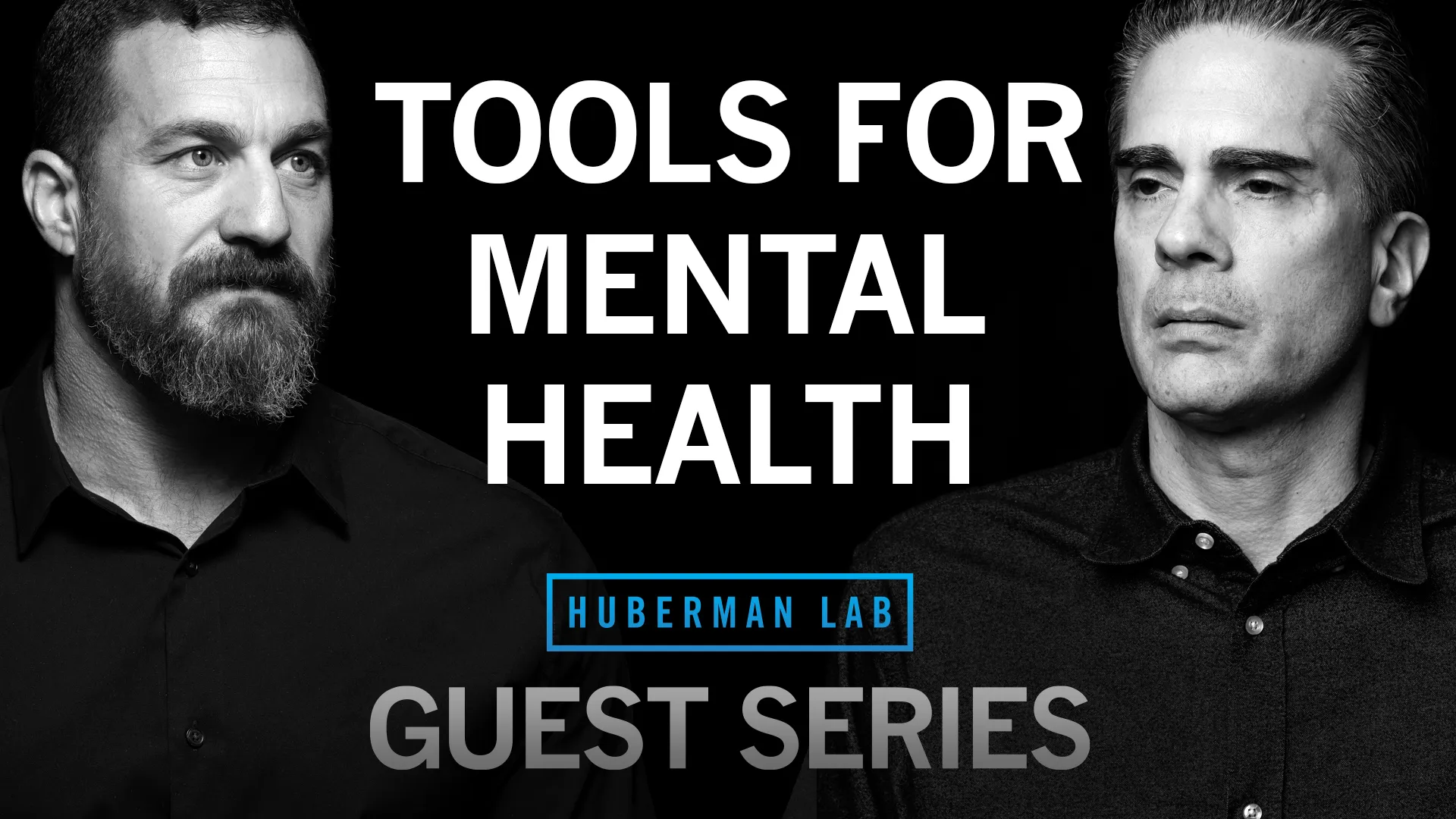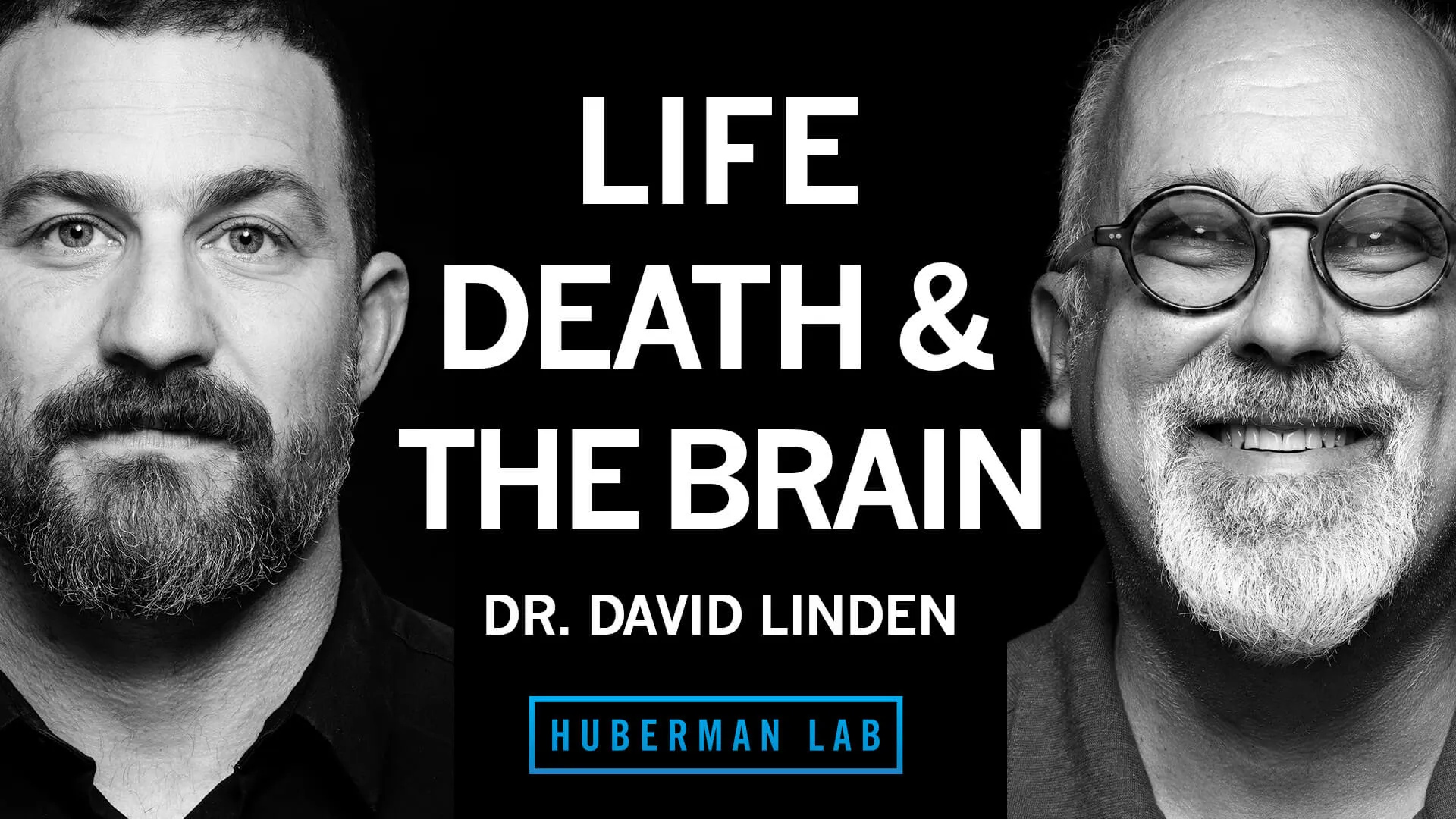
Happiness and Wellbeing
Happiness can be categorized into two types: natural and synthetic happiness. Natural or authentic happiness comes from achieving life goals, nurturing positive relationships or acquiring possessions. On the other hand, synthetic happiness is about generating (synthesizing) happiness through one’s mindset and outlook, rather than being a passive result of good things happening to or around us. For example, focusing on aspects of our lives we can control, minimizing regret by making the best of our choices, and nurturing social connections are all forms of synthetic happiness.
Happiness tends to follow a U-shaped curve across a person’s lifespan. People generally feel happier in their 20s, with happiness levels declining due to increased pressure and responsibilities like career, marriage and children in their 30s and 40s. Happiness tends to increase again later in life, around the 50s and 60s, despite potential declines in physical health.
Success isn’t just about professional achievements or wealth, but also includes relationships, family commitments and personal fulfillment. It involves a proactive effort to shape one's mindset and environment to foster subjective well-being and life satisfaction. Practicing gratitude (even for a few minutes each day) and embracing positive emotional experiences like joy, awe and playfulness enhances creativity, helps regulate stress and foster an open mindset.

- Overview
- Watch Now
Learn about Happiness and Wellbeing
- Guest Experts
- Resources
- FAQs
- Related Topics
Table of Contents
- Overview
- Watch Now
Learn about Happiness and Wellbeing
- Guest Experts
- Resources
- FAQs
- Related Topics
Watch Now

Ari Wallach: Create Your Ideal Future Using Science-Based Protocols
In this episode, my guest is Ari Wallach, adjunct associate professor at Columbia University's School of International and Public Affairs and host of a new TV series titled A Brief History of the Future.
Learn about Happiness and Wellbeing
Protocols for Happiness
Happiness is often viewed as a grand emotion or monumental achievement, but in reality is more like a mosaic — made up of small everyday experiences and habits. These seemingly small moments, when combined, create a deep sense of contentment and well-being that is sustainable even throughout life’s challenges.
There are several evidence-based protocols that can enhance feelings of happiness and be easily incorporated into your daily routine. Well-being research has shown that a daily gratitude practice of even a few minutes a day can activate neural circuits that improve mental health and correlates with a more optimistic state of mind. Regularly journaling about your experiences, noticing the language used (negative vs. positive words), can help shift emotional states and regulate the nervous system.
Meaningful social connections contribute to overall well-being and quality of life more than income does, and even brief social interactions at the grocery store or while on a walk can reduce heart rate and overall stress levels. Finding (or rather, generating) a sense of purpose boosts positive affect and psychological well-being. Volunteering, mentoring or getting involved in the community reinforces the feeling that who you are and what you do can positively affect the world around you.
Morning Notes, Gratitude Journaling, Diary Journaling
From Episode
A Science-Supported Journaling Protocol to Improve Mental & Physical Health
What is Self-Care?, Foundation, Self-Understanding
From Episode
Guest Series | Dr. Paul Conti: Tools and Protocols for Mental Health
Perfectionism; Negative Emotions, Photography
From Episode
Asi Wind: What Magic & Mind Reading Reveal About the Brain
Explore:
Mindset and Belief Effects
According to Dr. Alia Crum, a professor at Stanford University and expert in mindsets and belief effects, mindsets function as a default setting in the mind, bridging conscious and subconscious processes. These default settings dictate how the brain responds to various situations and stimuli. The research is fascinating: a study by Dr. Crum found that hotel housekeeping staff who were informed that their work constituted exercise experienced exercise-associated health improvements (including weight loss), whereas the control group did not. In a different study, participants were given the same milkshake but told different calorie amounts. Those who believed they were consuming a higher-calorie shake had different metabolic responses and felt more satiated, demonstrating “belief effects” where mindset can influence physiologic responses.
A growth mindset is the belief that one’s abilities and potential can change and improve over time, unlike a fixed mindset, which implies that abilities are unchangeable and outside of one’s own control. Indeed the human brain is capable of change through intentional effort and environmental and social supports. Interventions to enhance a growth mindset include enjoying the act of learning itself and detaching personal identity from performance outcomes — which, counterintuitively, actually results in improved performance.
Tools: Flexible Mindset; Reframing & Venting; Gratitude
From Episode
Dr. Maya Shankar: How to Shape Your Identity & Goals
Abundance vs. Scarcity Mindset
From Episode
Dr. Kay Tye: The Biology of Social Interactions and Emotions
Growth Mindset; Performance, Self-Esteem
From Episode
Dr. David Yeager: How to Master Growth Mindset to Improve Performance
Explore:
Career and Life Advice
There is endless career and life advice available, and success is not one-size-fits-all — what feels relevant and helpful will depend on your lived experiences, life stage and current goals. Dr. Lex Fridman, a research scientist at the Massachusetts Institute of Technology (MIT), expert on artificial intelligence (AI) and robotics and host of the “Lex Fridman Podcast,” advised that people in their 20s consider immersing themselves deeply in one thing they are passionate about, even if it means sacrificing balance temporarily. This approach may lead to greater success and emotional well-being, especially in disciplines that reward intense focus.
Similarly, NYT bestselling author and expert on human psychology Robert Greene highlighted the importance of aligning your career with your intrinsic interests, which accelerates learning and engagement. If you feel lost, revisit your childhood passions and interests to guide you back to your core inclinations. This anchoring technique can provide direction among the overwhelming array of career options available in adulthood.
While it can be inspiring to listen to the wisdom of successful people, simply copying their exact approach won’t guarantee the same results for you. The key is to thoughtfully process the life lessons and advice shared, decide what aligns with your values and aspirations and adapt the advice to fit your personal journey.
Career Advice, Book Writing, Diary Entries, Expressive Writing
From Episode
Rick Rubin: Protocols to Access Creative Energy and Process
Life Advice; Time Perception & Gratitude
From Episode
Dr. David Linden: Life, Death & the Neuroscience of Your Unique Experience
Shadow Issues, Success & External Reward, Personal Growth
From Episode
Dr. James Hollis: How to Find Your True Purpose & Create Your Best Life
Explore:
Guest Experts
Resources
Articles & Research Papers
- Association of Loneliness and Wisdom With Gut Microbial Diversity and Composition: An Exploratory Study (Frontiers in Psychiatry)
- Embodying Psychological Thriving: Physical Thriving in Response to Stress (Journal of Social Issues)
- Curiosity Satisfaction Increases Event-related Potentials Sensitive to Reward (Journal of Cognitive Neuroscience)
- Getting unstuck: The effects of growth mindsets about the self and job on happiness at work (Journal of Applied Psychology)
- Mind over milkshakes: Mindsets, not just nutrients, determine ghrelin response (Health Psychology)
- Mind-Set Matters: Exercise and the Placebo Effect (Psychological Science)
- Broken Bodies, Broken Spirits: How Poor Health Contributes to A Cynical Worldview (European Journal of Personality)
Books
- Cultures of Growth (Book by Mary C. Murphy Ph.D., foreword by Carol Dweck)
- Extreme Ownership (Book by Jocko Willink)
- A Fighter's Heart (Book by Sam Sheridan)
- Mindset (Book by Carol S. Dweck)
Note: Books listed here may include Amazon affiliate links, which provide a small commission to support the podcast at no additional cost to you.
Additional Resources
- Toolkit for changing stress mindsets
- Work motivation: The high performance cycle
- A Practical Guide to Hopeful Skepticism, by Jamil Zaki
- A Neuroscientist Prepares for Death (The Atlantic)
- Can Your Personality Change Over Your Lifetime? (UC Berkeley Greater Good Magazine)
- Therapeutic Journaling (UW Integrative Health PDF)
- Apple Journal App for iPhone
Note: Unless explicitly noted, Huberman Lab has no financial relationship with the additional resources listed.































